Professor believes nasal spray invention prevented him getting Covid
A medical professor believes he’s figured out how to curb the spread of Covid — and he’s calling on Melburnians to trial his invention.
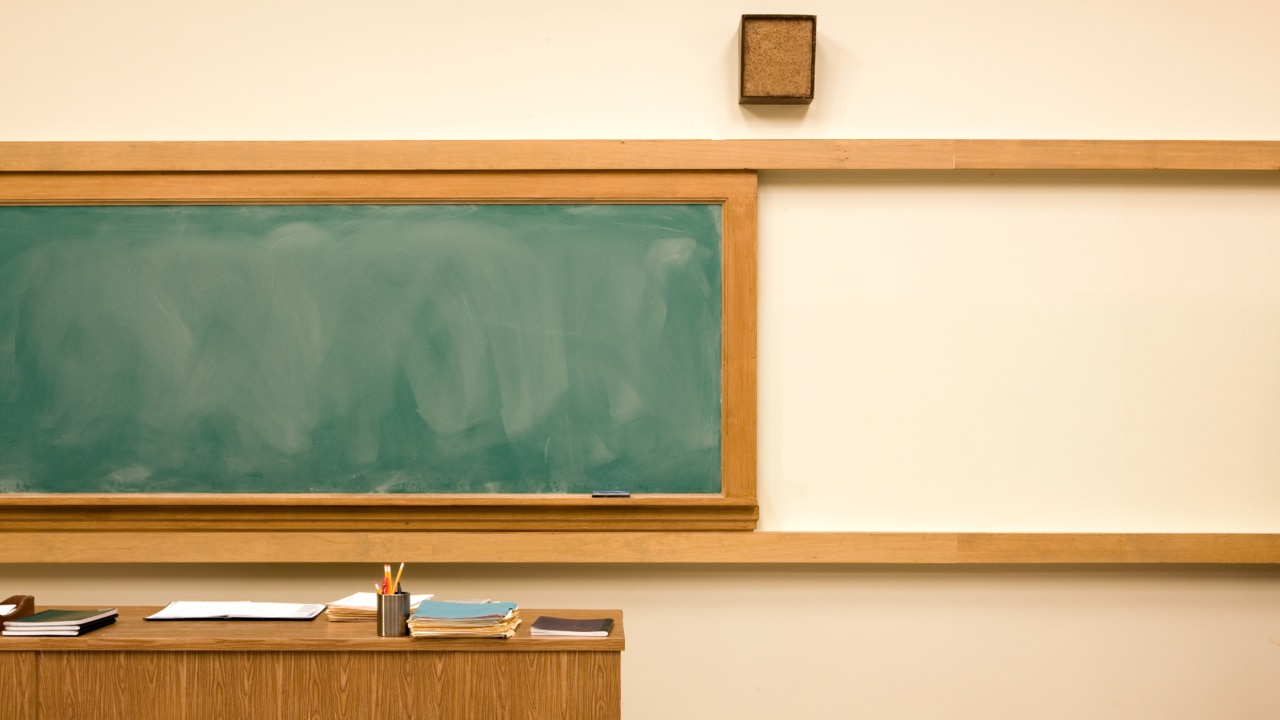
A Melbourne health professor could hold the key to minimising the spread of Covid, after inventing a solution that could potentially protect Australians one spray at a time.
Monash University Adjunct Professor Don Campbell was ironing his clothes one day in May 2020 — four months after the virus arrived on Victorian shores — when he had a light-bulb moment.
“Not thinking about anything in particular, I said to my wife, ‘I think heparin as a nasal spray will block Covid.’ And she said, ‘Well what are you going to do about it?’” he told news.com.au.
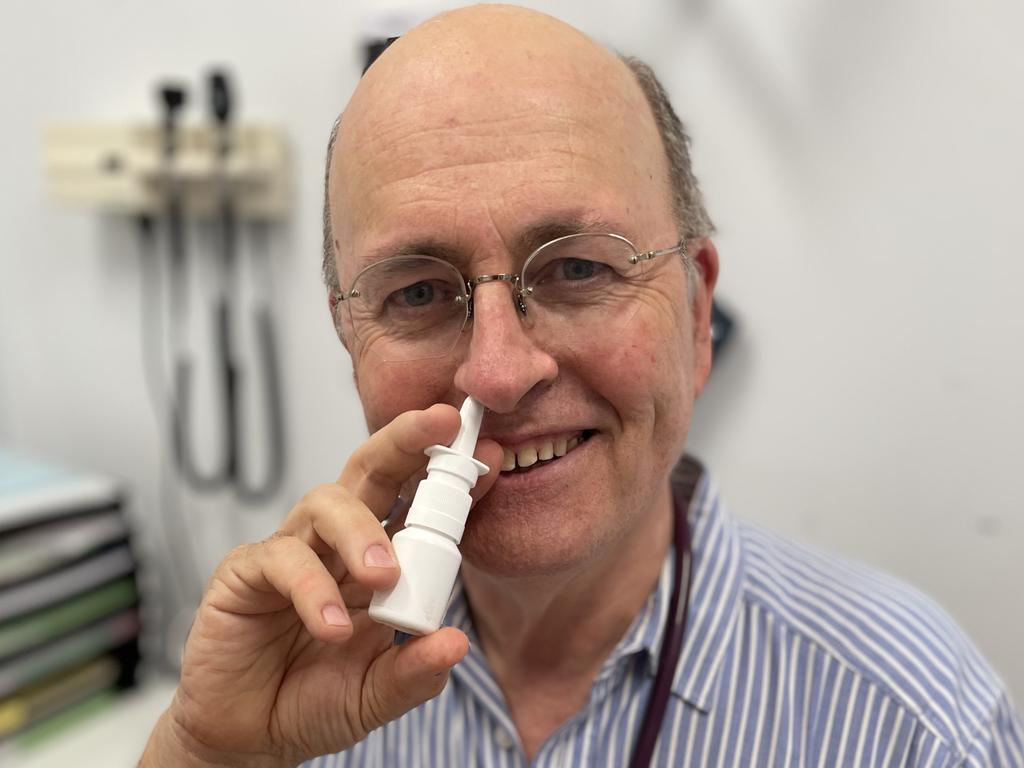
The spray’s key ingredient is the drug heparin, which is an anticoagulant — or blood thinner — that stops your blood from forming clots or making them bigger, according to the Cleveland Clinic.
Heparin is usually prescribed to prevent or treat certain blood vessel, heart and lung conditions and is used during open-heart surgery, blood transfusions, kidney dialysis and bypass surgery.
Prof Campbell, director of Northern Health’s Hospital Without Walls program, grew interested in heparin almost four decades ago, while he was doing research on the lung condition pulmonary fibrosis in the UK.
He later thought about the drug again several years after when his son was diagnosed with Kawasaki disease — which led to him having “problems with his blood”.
“They treated him and he got better and it was all successful, and my thought was, ‘Why didn’t they use heparin?’” he said. “That had been buzzing around in my bonnet all this time.”
According to Prof Campbell, health experts have known for 20 years the drug could also be used to block the proliferation of influenza in laboratory cultures.
He thought a similar concept could work for blocking Covid.
“I rang two colleagues — the Professor of Public Health Terry Nolan, and Gary Anderson, the Professor of Pharmacology at Melbourne University — and said, ‘I want to talk to you for two minutes,’” Prof Campbell said.
“‘At the end of two minutes, I want you to tell me I’m either crazy or tell me the two people I have to contact to take it further.’”
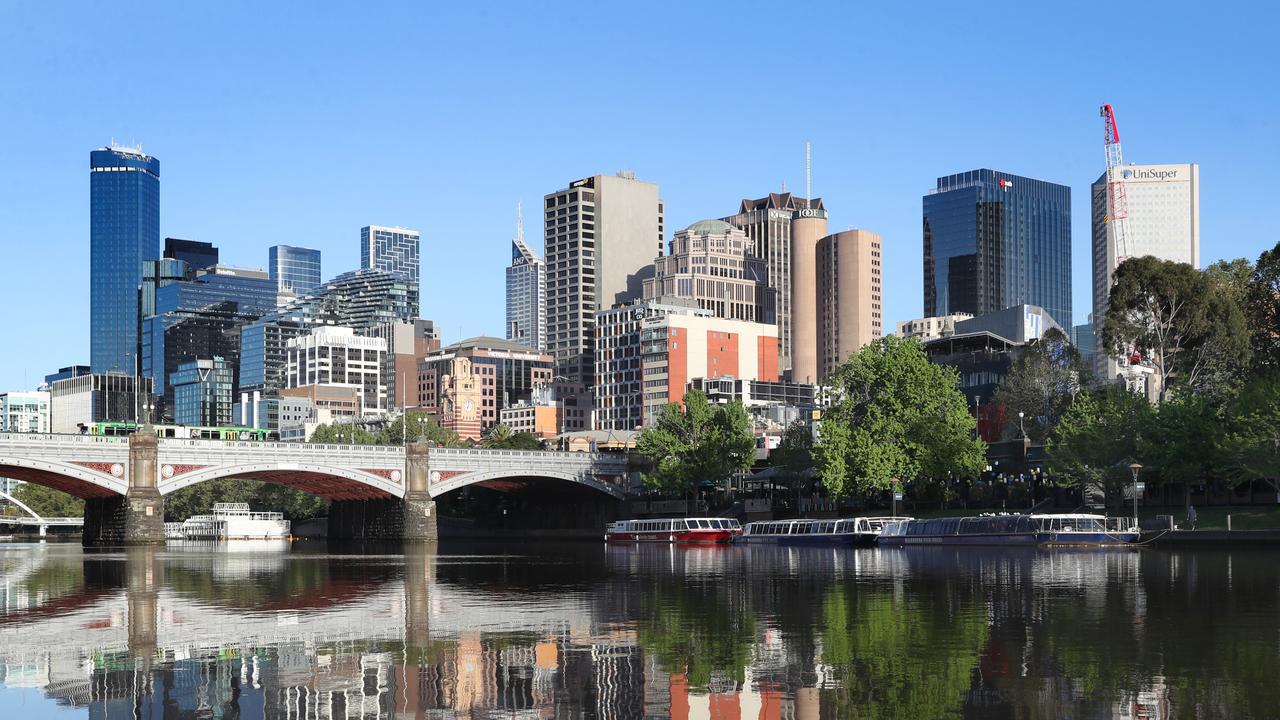
It was from here, Prof Campbell and a group of fellow researchers worked on bringing the idea to life while trying to fund the project at the same time.
After several unsuccessful attempts at securing funding, the researchers were finally able to secure $4.2 million from the Andrews government.
At the same time, Prof Campbell was testing the spray on himself with “religious devotion” every day, once in the morning and evening and again before going out to the shops.
The solution has been so effective, he believes it prevented him from contracting Covid.
“I have good reason on scientific grounds to believe it will prevent or reduce the risk of acquiring and transmitting Covid,” Prof Campbell said.
Currently, the nasal spray isn’t available to Australians as it still needs to undergo further testing, with the hope it will be rolled out by the end of next year.
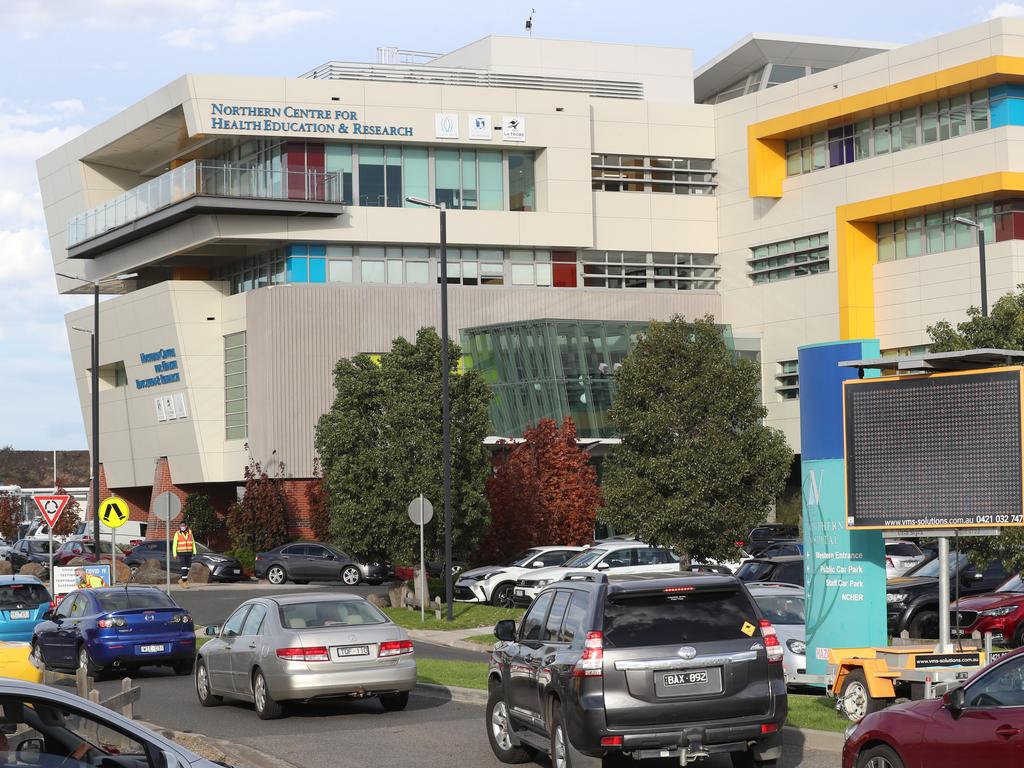
The Murdoch Children’s Research Institute, University of Melbourne, Monash University and The Northern Hospital are looking for 400 families to trial the solution — but this has been a challenge.
“We’ve started the trial and recruitment is slow,” Prof Campbell said.
“I need 400 families ideally in Melbourne and I’m burning money at a certain rate. I want to recruit the 400 and follow them up for 12 months because I think this will also prevent or reduce the risk of long Covid as well.”
Melburnians aged over five who test positive for Covid or are a household contact of someone of any age who tests positive to the virus can be involved in the study.
Participants willing to contribute to the study must alert researchers within 72 hours of someone in their household contracting the virus.
The study will involve each family receiving either the heparin nasal spray or a saline-based placebo to spray three times a day for 10 days.
Those allergic to heparin, have been diagnosed with heparin-induced thrombocytopenia (HIT) or have had a recurrent blood nose that required hospitalisation in the last three months are not eligible for the study.
Prof Campbell reassured the use of heparin is safe given it’s the second most widely used drug in the world that’s been used as an intravenous anticoagulant for eight decades.
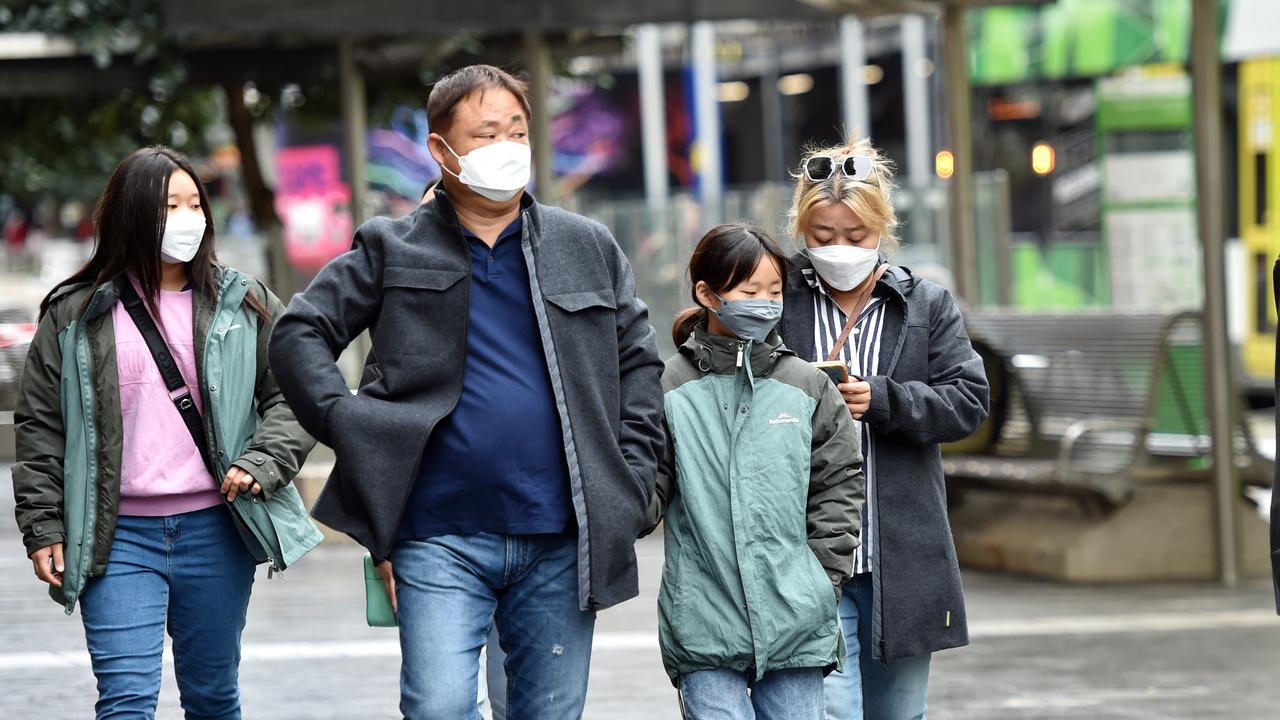
“If you’ve been using something for 80 years, and it’s the second most widely used drug on Earth, we know all about it,” he said.
“And we know that we know its risks … There is no evidence that it alters the clotting in the blood [if used as a nasal spray], so it’s very, very safe. I think its greatest usefulness will be vulnerable workers, health care, childcare, aged care, schools, travelling on an aeroplane, in a train, at the shopping centre, at a concert.”
More information on the research project and how to get involved is available on the Northern Health website.
As of July 14, there were 580 active Covid cases in Victoria with a rolling seven-day average of 137 infected people in hospital.
Meanwhile over the last week, 8047 cases were reported across Australia — an average of 1150 cases per day.






